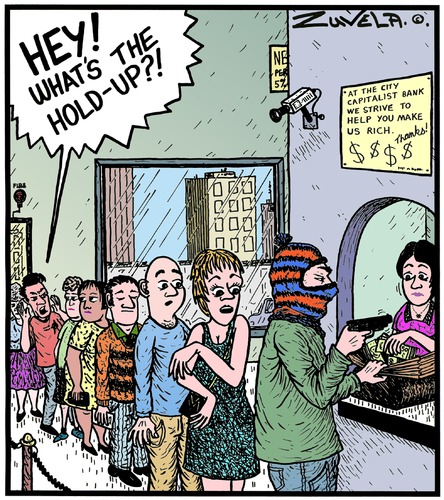
Pirate Party to Sue Banks for WikiLeaks Discrimination
When most of the banks decided to obey the order of the US government and refuse to pass through the donations to WikiLeaks two years ago, it seemed they believed they could get away with it.
But the Swedish Pirate Party didn’t think so and has taken a decision to file formal charges against the local banks for their discrimination against the whistle blowing service. Two years ago, Visa, MasterCard, PayPal and a number other financial institutions have blocked donations to WikiLeaks and other legal operations. Since they are part of the network, many banks are able to stop donations without any legitimate grounds.
However, the Swedish Pirate Party claims that this is unacceptable. The Party has filed charges against the local banks to see if their behavior is legal. First of all, the Party had a word with the Swedish Finansinspektionen – the authority to oversee bank licenses and abuse of position. Before that, the Pirate Party tried to regulate credit card companies on the regional level to deny them the ability to decide who can get donations and who can’t.
According to Pirate Party’s Erik Lönroth, this financial blockade represents a serious threat against the freedoms of opinion and expression at the very least. He believes that it must not be up to the individual payment provider to decide which outfits are eligible for donations. Lönroth pointed out that the court action would clear up the small matter of whether the current bank regulations are sufficient, or if they should be tightened to protect basic freedoms.
The Pirate Party also claimed that it wasn’t just WikiLeaks that had been hurt by the randomness of the financial services. For example, such Swedish entrepreneurs as sex toy shops and horror film shops have also been denied payment services for some reason and been killed off.
According to Johan Terfelt, who oversees the Finansinspektionen unit for payment providers, the organization will investigate the situation and define the reasons to intervene. Terfelt admitted that there was no room at all for arbitrary randomness. The matter is that the law states the following: if there are no legal grounds to deny a payment service, then it must be processed.












No comments:
Post a Comment